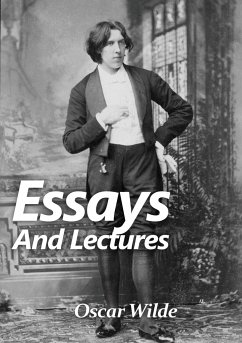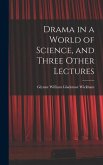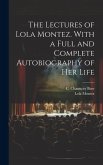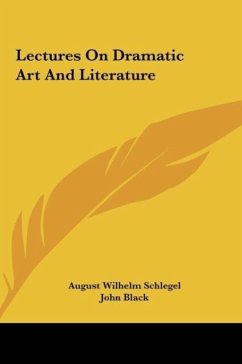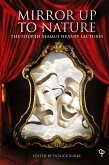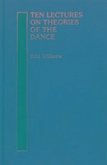Essays and Lectures Oscar Wilde *** HISTORICAL criticism nowhere occurs as an isolated fact in the civilisation or literature of any people. It is part of that complex working towards freedom which may be described as the revolt against authority. It is merely one facet of that speculative spirit of an innovation, which in the sphere of action produces democracy and revolution, and in that of thought is the parent of philosophy and physical science and its importance as a factor of progress is based not so much on the results it attains, as on the tone of thought which it represents, and the method by which it works. Being thus the resultant of forces essentially revolutionary, it is not to be found in the ancient world among the material despotisms of Asia or the stationary civilisation of Egypt. The clay cylinders of Assyria and Babylon, the hieroglyphics of the pyramids, form not history but the material for history. The Chinese annals, ascending as they do to the barbarous forest life of the nation, are marked with a soberness of judgment, a freedom from invention, which is almost unparalleled in the writings of any people but the protective spirit which is the characteristic of that people proved as fatal to their literature as to their commerce.Free criticism is as unknown as free trade. While as regards the Hindus, their acute, analytical and logical mind is directed rather to grammar, criticism and philosophy than to history or chronology. Indeed, in history their imagination seems to have run wild, legend and fact are so indissolubly mingled together that any attempt to separate them seems vain. If we except the identification of the Greek Sandracottus with the Indian Chandragupta, we have really no clue by which we can test the truth of their writings or examine their method of investigation. It is among the Hellenic branch of the Indo-Germanic race that history proper is to be found, as well as the spirit of historical criticism among that wonderful offshoot of the primitive Aryans, whom we call by the name of Greeks and to whom, as has been well said, we owe all that moves in the world except the blind forces of nature. For, from the day when they left the chill table-lands of Tibet and journeyed, a nomad people, to Ægean shores, the characteristic of their nature has been the search for light, and the spirit of historical criticism is part of that wonderful Aufklärung or illumination of the intellect which seems to have burst on the Greek race like a great flood of light about the sixth century B.C.
Hinweis: Dieser Artikel kann nur an eine deutsche Lieferadresse ausgeliefert werden.
Hinweis: Dieser Artikel kann nur an eine deutsche Lieferadresse ausgeliefert werden.

